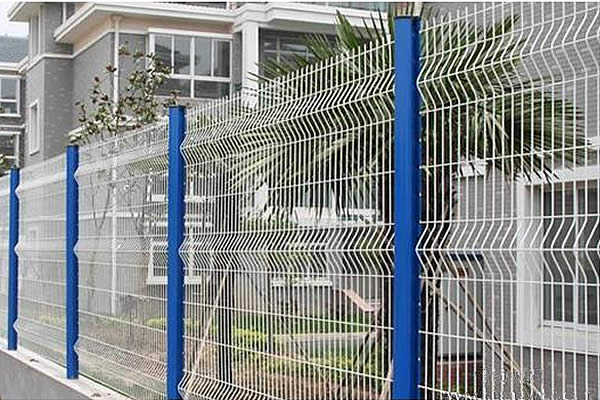 TEL:
+86-13102802206
TEL:
+86-13102802206
 Email:
fencenetting@china.com
Email:
fencenetting@china.com
 Language
Language
 TEL:
+86-13102802206
TEL:
+86-13102802206
 Email:
fencenetting@china.com
Email:
fencenetting@china.com
 Language
Language


Understanding Weld Mesh Fence Panels A Comprehensive Guide
Weld mesh fence panels have become an increasingly popular choice for a variety of fencing applications due to their strength, durability, and versatility. These panels, formed by welding together horizontal and vertical wires, provide a robust barrier that is suitable for both residential and commercial properties. This article explores the benefits, applications, installation process, and maintenance of weld mesh fence panels.
What are Weld Mesh Fence Panels?
Weld mesh fence panels are fabricated from high-quality steel wires that are welded at their intersections to create a grid-like pattern. The mesh can come in different sizes, gauges, and configurations, depending on the intended use. These panels often come with a protective coating, such as galvanization or PVC, to enhance their resistance to weathering and corrosion, making them suitable for various environments.
Key Benefits of Weld Mesh Fence Panels
1. Durability Weld mesh panels are incredibly strong and can withstand harsh environmental conditions. The welded construction offers greater tensile strength compared to other types of fencing, making them resistant to bending or breaking under pressure.
2. Visibility The open structure of weld mesh panels allows for visibility while still providing a secure boundary. This is especially beneficial in agricultural settings or for security, where monitoring the area is essential.
3. Customizable Weld mesh panels can be customized in terms of height, width, wire gauge, and spacing to meet specific security and aesthetic needs. This makes them suitable for a wide range of applications, from livestock enclosures to commercial security solutions.
4. Cost-Effective Compared to other fencing materials such as wood or solid metal, weld mesh products tend to be more economical. Their durability also means lower maintenance and replacement costs over time.
5. Ease of Installation With lightweight panels, installers can easily transport and assemble weld mesh fences, which saves time and labor costs. They can be installed in various terrains, adapting to ground conditions with relative ease.
Common Applications of Weld Mesh Fence Panels
Weld mesh fence panels are utilized in several contexts, including
- Agriculture These panels are ideal for keeping livestock contained while allowing for ventilation and visibility. Their sturdy construction ensures that animals cannot easily breach the boundary.
- Security Fencing Weld mesh panels are often used in commercial settings for perimeter security due to their toughness. They deter intrusions while still providing visibility for surveillance.

- Sporting Facilities Many sports facilities utilize weld mesh fencing for their courts and fields. This prevents players and spectators from straying too far and allows for a clear view of the game.
- Residential Boundaries Homeowners appreciate the aesthetic appeal and security that weld mesh panels offer. They can create a modern look while ensuring that children and pets remain safely within the yard.
Installation Process
The installation of weld mesh fence panels generally involves the following steps
1. Planning Begin by determining the fence line and obtaining any necessary permits. Measure the area where the panels will be installed.
2. Preparation Clear the installation site of debris and vegetation. Depending on the terrain, you may need to level the ground.
3. Post Installation Set the fence posts in concrete for stability. Ensure they are spaced appropriately to support the weld mesh panels.
4. Attaching Panels Secure the weld mesh panels to the posts using brackets or tension wires. Make sure the panels are aligned correctly and are level.
5. Finishing Touches Check for any sharp edges and finish up by adding additional support if needed or consider coating edges for safety.
Maintenance of Weld Mesh Fence Panels
Maintenance for weld mesh fencing is relatively minimal;
- Regularly check for signs of wear or damage. - Clean the panels to remove dirt and debris, which can promote corrosion. - Inspect for rust, especially in untreated areas, and apply protective coatings if necessary.
Conclusion
Weld mesh fence panels offer an effective and versatile solution for a wide range of fencing needs. Their blend of strength, visibility, and cost-effectiveness make them an ideal choice for security, agriculture, and even decorative fencing. By understanding the benefits and proper installation techniques, property owners can secure their premises while enhancing the overall aesthetic appeal of their landscape. Whether for residential, commercial, or agricultural use, weld mesh fence panels stand out as a reliable fencing option in today's construction and security landscape.